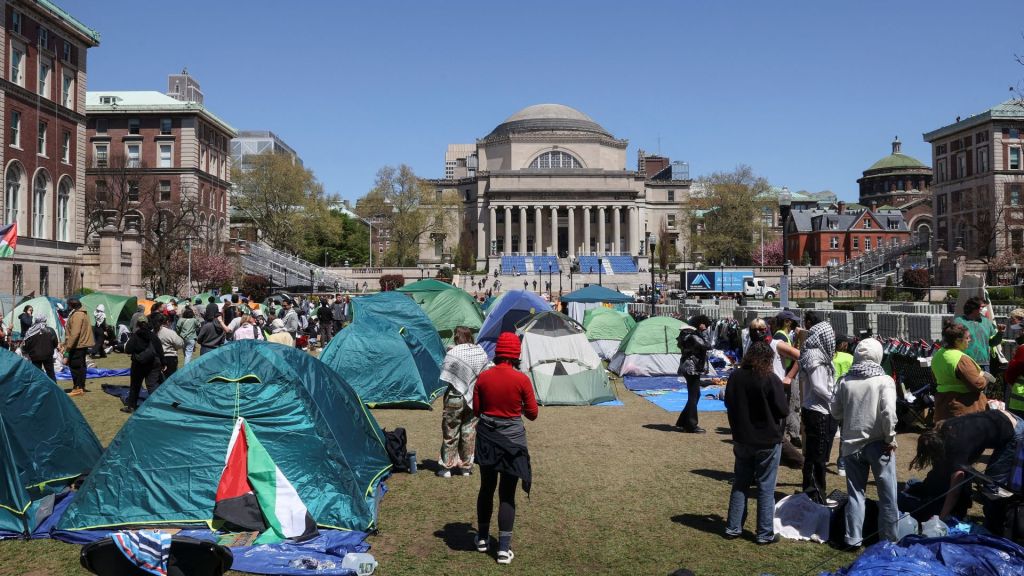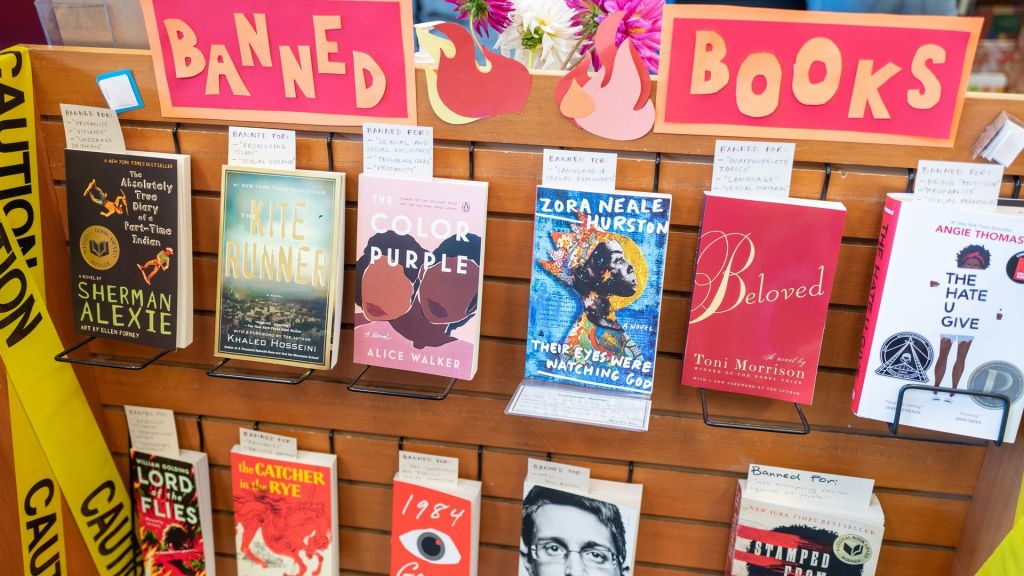
Commentary
-
Our commentary partners will help you reach your own conclusions on complex topics.
Well, it’s back to school time. And after a long period at home on what was called remote learning for most children, the kids by and large are back to school.
The nation’s parents learned a couple of things during all that time of remote learning.
First, that in-person learning is better than learning at home from a computer.
And the second, for the first time they saw what their kids were actually learning in the public schools, and a lot of them didn’t like what it was.
But let’s tell a little bit of a history on this. It’s long been known that U.S. public schools really don’t deliver value for their money.
According to the census bureau, the average amount spent on kindergarten through 12th grade in us, public schools is $15,946.
Think of it this way. If you have a classroom of 20 kids, that’s about $320,000 sitting in that classroom
Teacher may be getting a hundred thousand.
Where does all the money go? So public education, 15,946.
In the nation’, 22,000 private schools, K through 12. The average tuition is just $12,350. That’s about 20% less than what they are in public school. And the really cost efficient schools are Catholic elementary schools where the average tuition is $4,840, about 70% less than what it costs in public schools. So it can’t be a shortage of money that is the problem, yet the quality of education lags way behind what it does in other countries.
There’s an organization called the Organization for Economic Cooperation and Development. It’s the more advanced economies of the world. And there are 34 countries that are members.
Of those 34, the U.S. came in 26th in math. We only beat seven countries out of the 34, and 20th in science, not a good performance considering the amount of money being spent.
Well, what happened during the pandemic when the parents saw what their kids were learning? The problems went beyond mere low quality, low performance.
They went more into ideological problems as well.
Parents, for example, saw critical race theory now being taught in schools, which hadn’t been there three years ago and critical race theory is quite controversial.
What it does for example, is that it assumes that if, for example, you were born white, you’re permanently irredeemable. There is no way that you can outgrow the racism, which apparently started when you first were born. It does a number of other things, including the foundation of America being historically racist.
Most people don’t think that’s true.
It also involved, but in the old days we called sex education, but now it’s called gender studies. And a lot of parents really didn’t want their kids going into all the details of that. They didn’t want the kids, for example, being told that men can have children. It just didn’t make sense to them. So opposition to what was going on in public schools rose very, very sharply.
The issues involved have become front and center in the governor’s race for Virginia. Virginia is one of two states that votes in the odd year and the Democrat candidate, Terry McAuliffe, who’s been governor before said, quote, “I don’t think parents should be telling schools what to teach,” and, no, he thinks the state bureaucrats should be making up what the curriculum is.
Well, that’s not exactly what most parents believe or even what most citizens believe. And parents started voting with their feet.
Homeschooling has soared.
Up until a few years ago, only 3.3% of the nation’s kids were in homeschooling. In the 2019- 2020 year, that rose to 5.4%. And the 2020 – 2021 year, it rose to a staggering 11.1%. It more than tripled once parents got to see what was actually happening in their kids’ schools, they want to teach them at home instead, even though it’s a lot harder on them to do so.
In addition, public opinion is for something called school choice and when the public was asked, should at least some of that $15,946 be able to be used by parents to send their kids elsewhere?
The approval was 74%, 70%, even among Democrats, 83% among Republicans, every major, uh, ethnic group, uh, supported the idea. It ranged from 69% support among Hispanics to 76% support among whites.
School choice is one of the few things that almost all Americans agree on. That doesn’t mean it’s going to pass because one of the aspects of American politics is that entrenched special interest groups tend to dominate over more diffuse views of the majority of the people.
So we now have a key special interests. The teacher’s unions that almost certainly will try and block it.
Nonetheless, the Virginia race is probably a harbinger of whether or not the American people, especially the parents, are going to continue to put up with public schools teaching where they have no say in what is taught.
-
Biden’s EV math just doesn’t add up
In March, the Biden administration issued a new directive requiring U.S. automakers to cut the average carbon emissions of their fleets by almost 50% before 2032. That order is one component of President Biden’s larger goal to cut total U.S. carbon emissions in half by 2030. A primary method for reaching these goals will involve…
-
President Biden just isn’t cool
For some Americans, politics is only about policy, while others prioritize core values, ideas, aspirations or beliefs. Still, for others, politics may be a reflection of culture, where voting serves as a symbolic act to proclaim cultural group identity. But for some Americans, who they vote for and support is more of a popularity contest,…
-
Federal Reserve policy should be more restrictive
The American economy is booming, with high GDP growth, record-low unemployment, and wage gains for median workers. Over the past few quarters, U.S. economic growth indicators have consistently outperformed official projections. But the U.S. Federal Reserve recently conceded that its policies might be too restrictive, hindering the full potential of the U.S. economy, which the…
-
Celebrate tight labor market, but don’t cut interest rates
While President Joe Biden has been celebrating U.S. economic success, many Americans are still unhappy about the economy. So who’s right? The most recent jobs report for February showed that while the unemployment rate rose slightly to 3.9%, job gains were higher than expected, with the total coming in at 275,000 versus the expected increase…
-
Social and economic class will define 2024 election
Following in the footsteps of FDR, Democratic support in the past hundred years has drawn largely from working-class individuals, labor unions, and civil society organizations. Republican support, conversely, tended to rely upon larger corporate donations and the support of high-income individuals. In 2024, these traditional roles are evolving, and the new reality of campaign finance…
Latest Opinions
-
 Getty Images
Getty Images
Trump could lose Secret Service protection if found guilty
-
 Getty Images
Getty Images
AI may save lives with new weather forecasting technology
-
 Straight Arrow News
Straight Arrow News
Australia seeks global ban on violent video posted on X; Musk pushes back
-
 Reuters
Reuters
Voyager 1 sending data to Earth for first time in five months
-
 Getty Images
Getty Images
White House imposes staffing requirements for nursing homes
Popular Opinions
-
In addition to the facts, we believe it’s vital to hear perspectives from all sides of the political spectrum.


